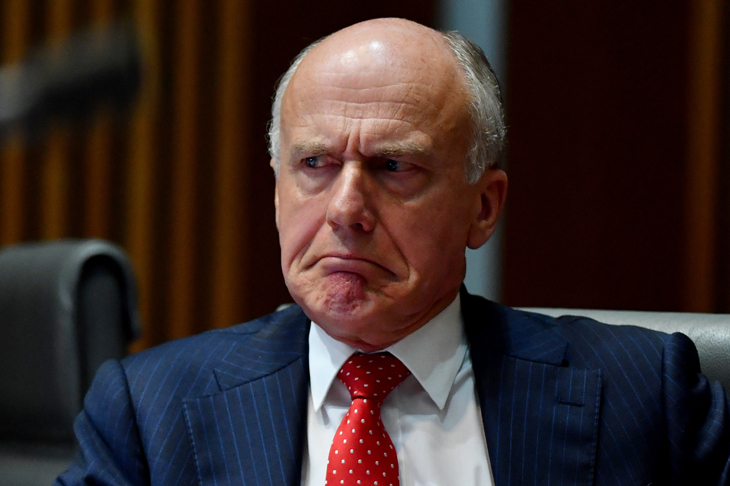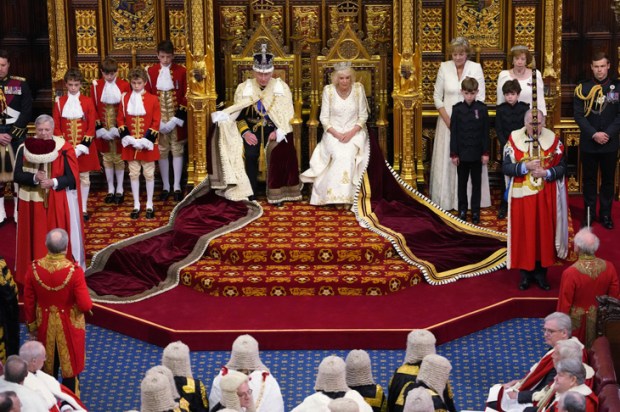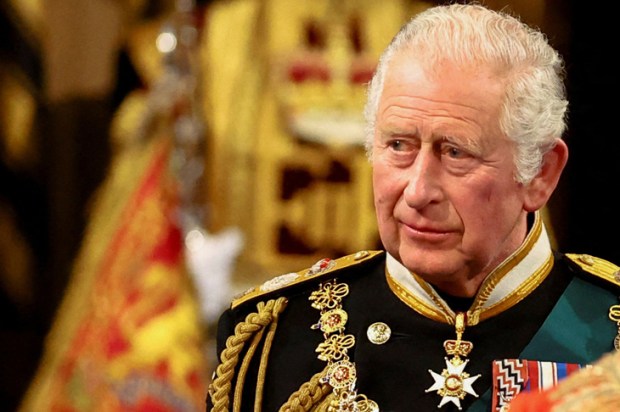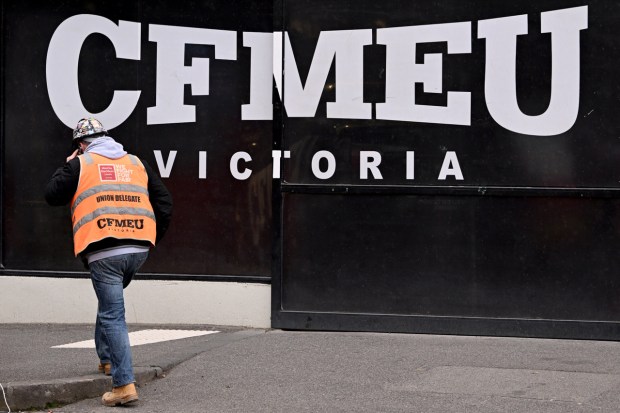As a direct result of his massive 61:39 loss in the Voice referendum to divide Australians by race we should, with a certain irony, thank Anthony Albanese.
As a consequence of rank-and-file Australians overwhelmingly saying No, they won’t have to vote for many a year, if ever, on downgrading our constitution into what Australians for a Constitutional Monarchy warned in 1999 was nothing more than a politicians’ republic.
Already a subscriber? Log in
Subscribe for just $2 a week
Try a month of The Spectator Australia absolutely free and without commitment. Not only that but – if you choose to continue – you’ll pay just $2 a week for your first year.
- Unlimited access to spectator.com.au and app
- The weekly edition on the Spectator Australia app
- Spectator podcasts and newsletters
- Full access to spectator.co.uk
Or
Unlock this article
You might disagree with half of it, but you’ll enjoy reading all of it. Try your first month for free, then just $2 a week for the remainder of your first year.














Comments
Don't miss out
Join the conversation with other Spectator Australia readers. Subscribe to leave a comment.
SUBSCRIBEAlready a subscriber? Log in